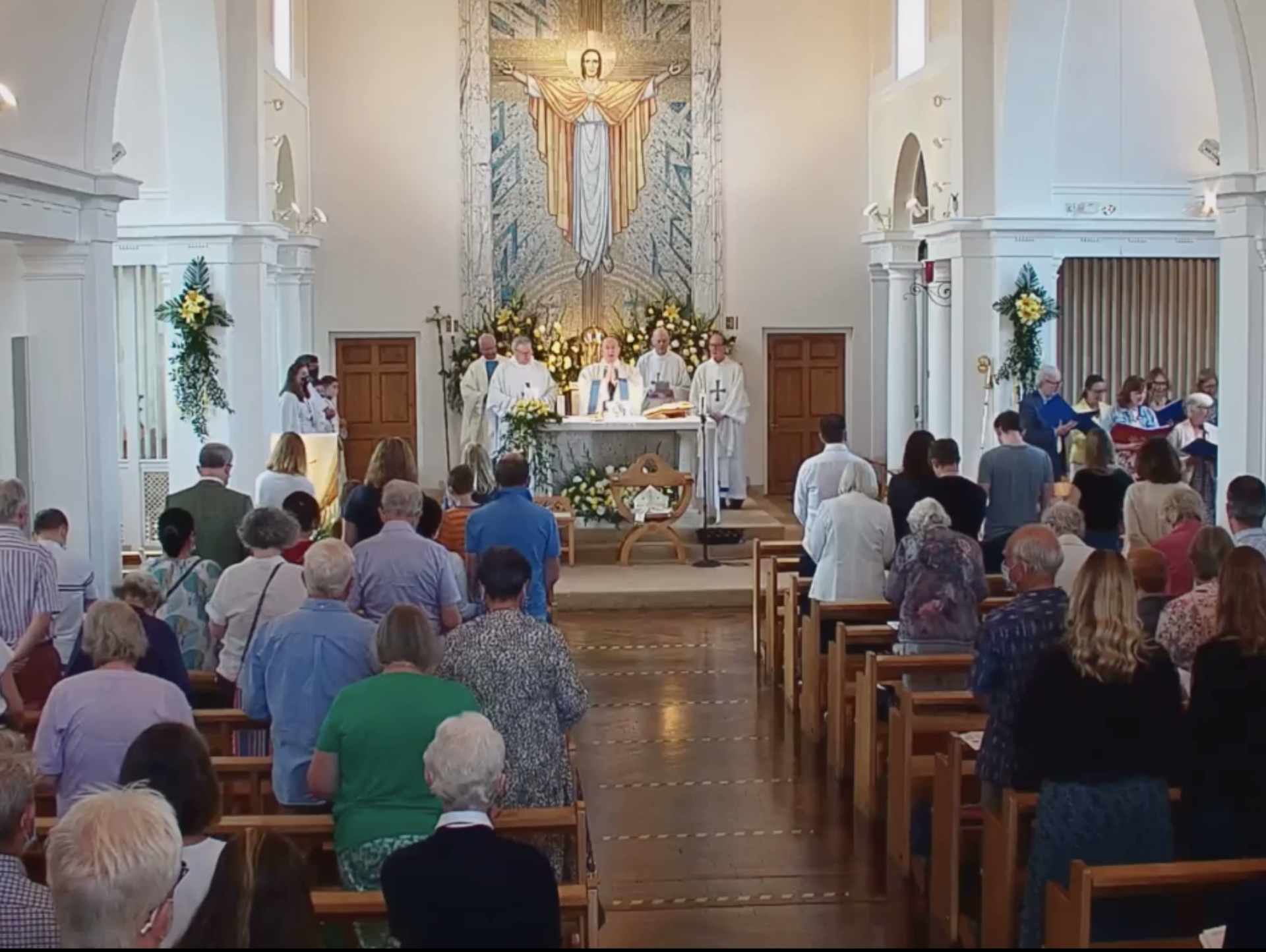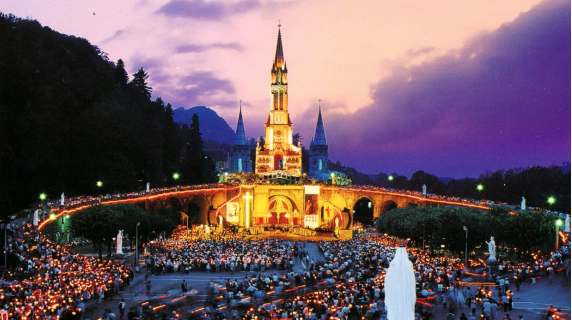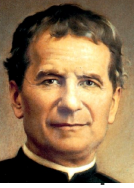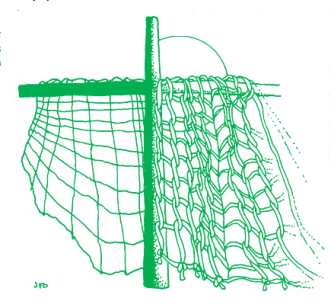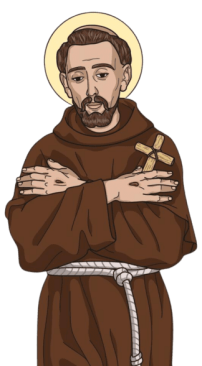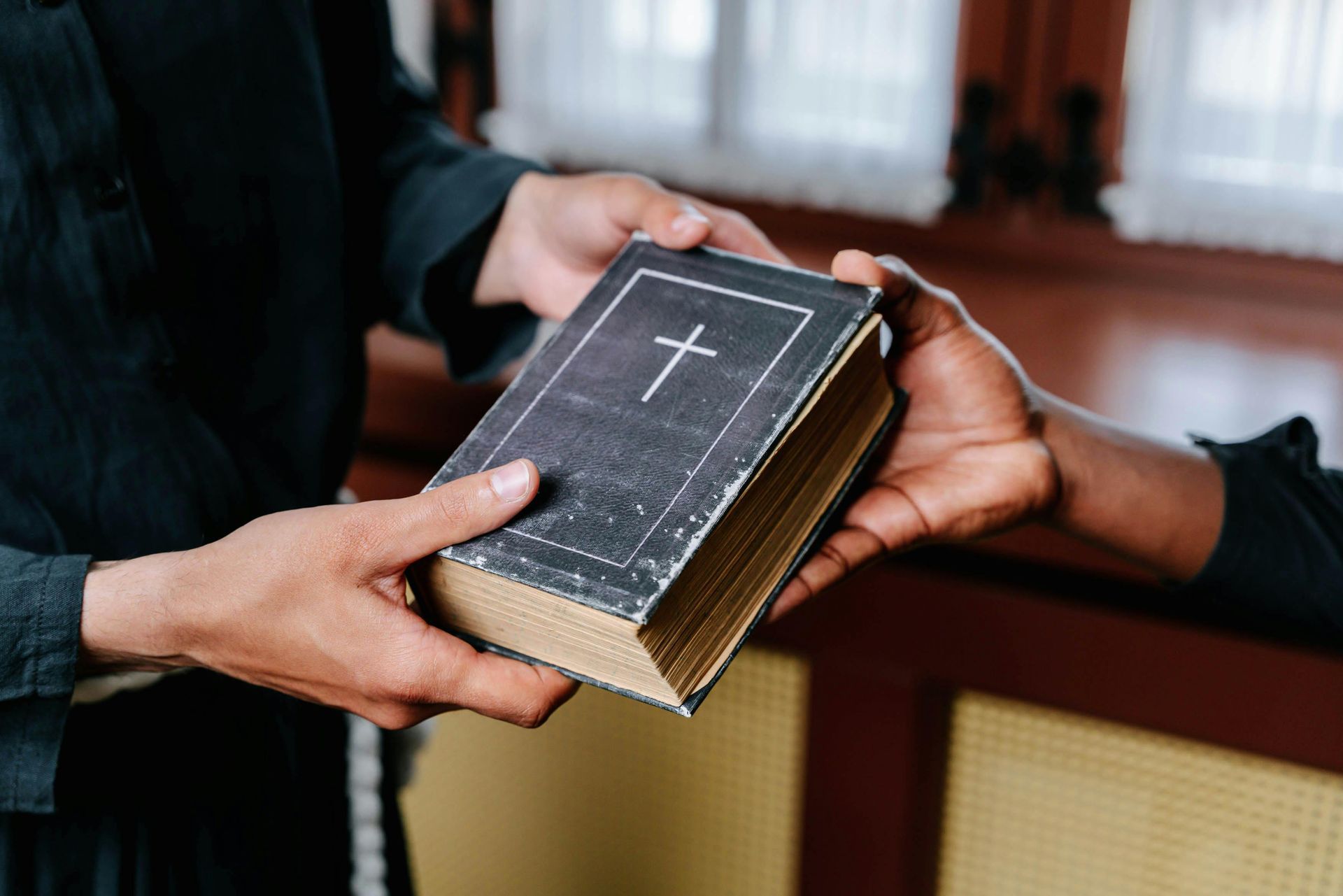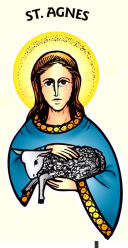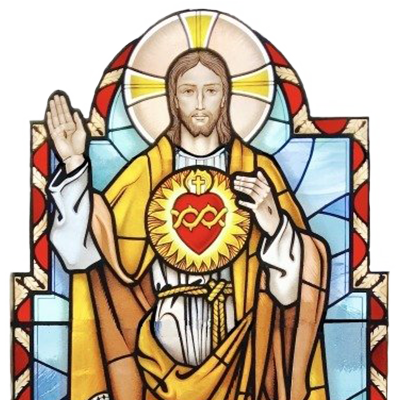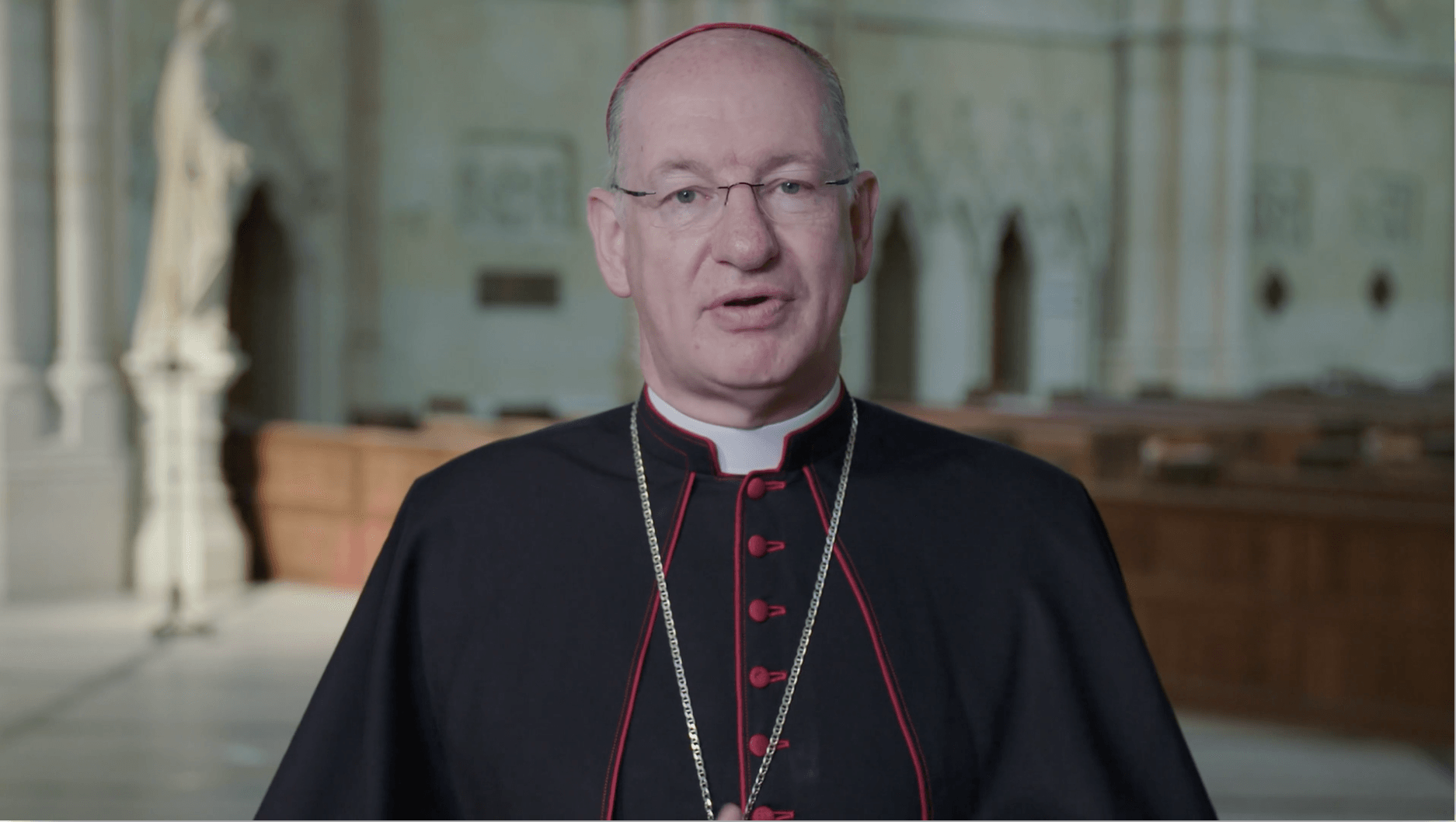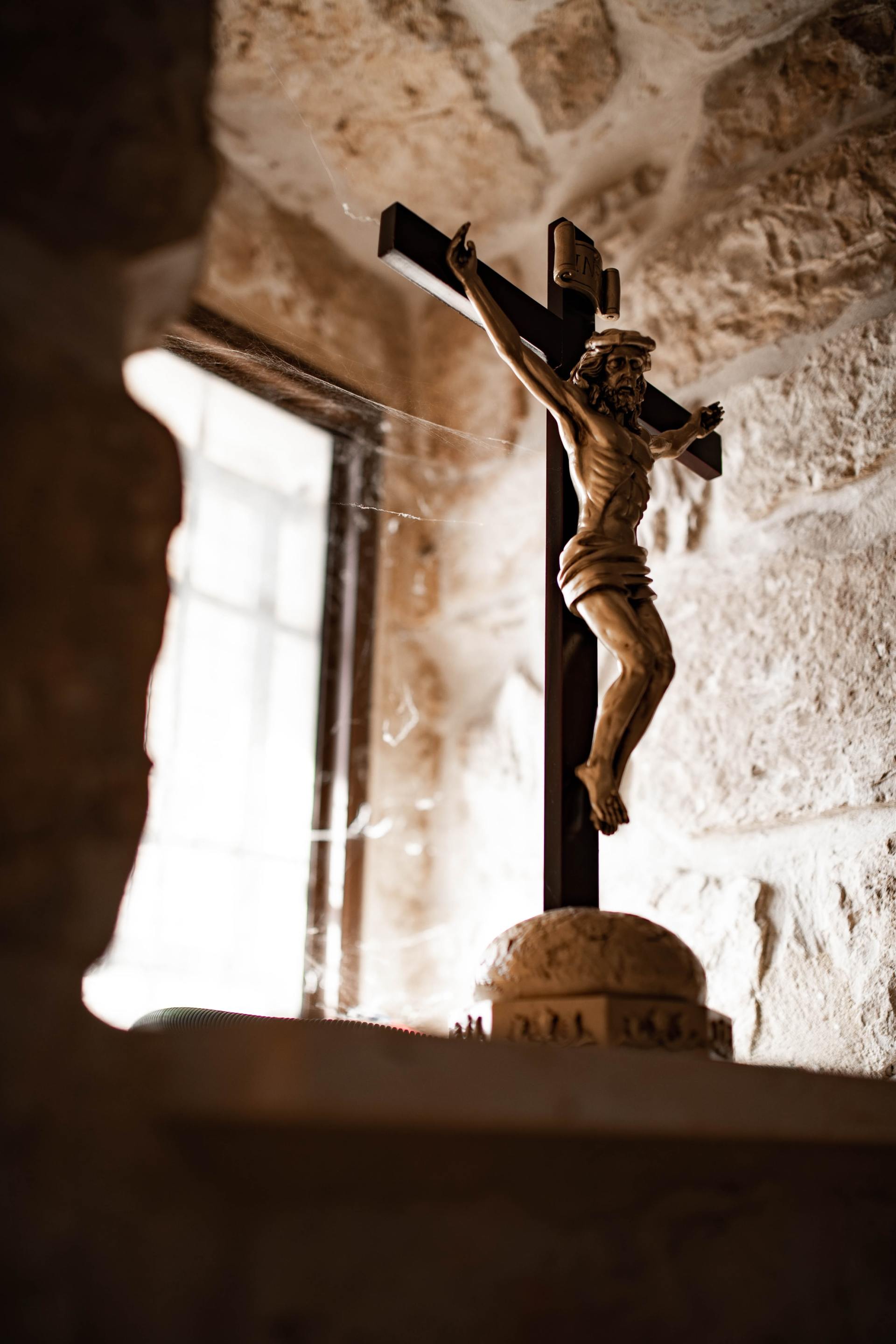Sunday 20th June 2021
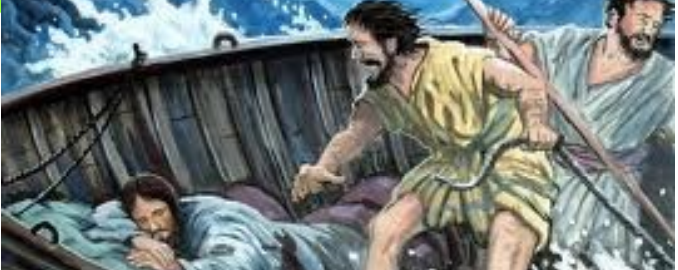
Mark writes his gospel for a community suffering persecution, Christians who feared that any day they might be overwhelmed by either the waves of their own cowardice and infidelity to Christ, or blown off their Christian course by the fear of imprisonment and death. They could be tempted to believe that Jesus is ‘asleep’ and acres nothing for them. In different contexts, we too are familiar with the storms that can brew in our own hearts. The struggle between fear and faith is a constant theme in Mark’s gospel, continuing until the very last verse (Mk. 16:8), but that we have a Gospel according to Mark witnesses to the final triumph of faith. Among these disciples are men who know this sea well, and for them to be afraid shows that their fear was humanly well founded. Although they have seen Jesus’ power over the chaos that overwhelms people’s bodies and minds, this crossing had ben Jesus’ idea, and their cries to him sound more like accusations of his lack of care for them than proclamations of their faith in him.
In the image of Jesus peacefully asleep in the storm-tossed boat their may be the memory of Jonah fast asleep in the bowels of the ship while God hurled great winds and waves at the vessel carrying the disobedient prophet away from his calling to the conversion of Nineveh (Jon. 1:4-15). Jonah has to resort to the much more dramatic and drastic solution of allowing himself to be tossed overboard before God will calm the storm. In contrast, Jesus rises from sleep, and the brief and powerful words of this most obedient prophet of God are strong enough to restore order out of chaos. Jesus rebukes the wind and the sea in the same way as he had ‘rebuked’ or ‘exorcised’ the ‘unclean spirit’ and healed the tortured psyche of the man in the synagogue in Mark’s account of Jesus’ first miracles (Mk. 1:23-27). And there comes great calm.
Jesus’ authority over the natural world confronts our faith in an unsettling way. As Michael Casey writes: “We do not mind a man forgiving sins, because the supposed effect is invisible and beyond proof. Cures can be dismissed as merely ‘psychological.’ Our weak faith can dodge the question if there is some possibility of a ‘rational’ explanation. The nature miracles are different. They confront our faith directly” (Fully Human, Fully Divine).
Jesus’ authority over the storm reveals him as Lord of Creation, and recalls the divine authority over the chaotic waters (Gn. 1:1) and when God divided the waters to allow the people to pass through from slavery into freedom (Ex. 14-15). This divine prerogative is also praised in a number of the psalms, including Psalm 107, which is this weekend’s Responsorial Psalm. But the disciples are looking and not perceiving, listening and yet not understanding, despite the privilege of Jesus’ instruction (Mk. 4:10-12). Jesus’ command of peace and stillness over the wind and waves assures the disciple’s safe crossing, but their crossing from fear to faith is at a perilous beginning point. At least Jesus seems to suggest that the journey is possible. “Do you not yet have faith?” But the disciples turn to one another, not to Jesus, with their questions about his identity.
